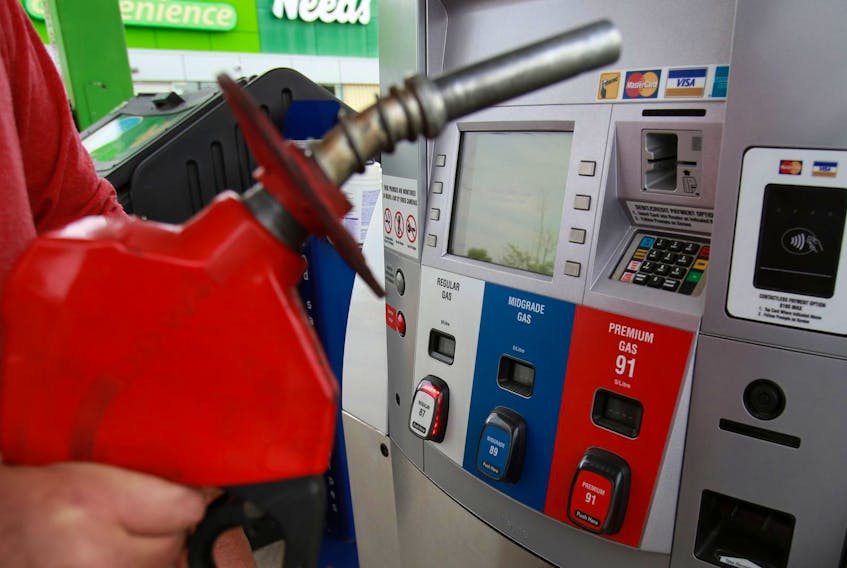Almost half of Canadians say the rising cost of fuel will impact their summer road trip plans.
A national survey, conducted for Toyota Canada by Ipsos, May 3-6, found 78 per cent of Canadians factor fuel prices into their summer road-trip plans.
The survey found 47 per cent say high gas prices are making it less likely they will take a summer road trip this year.
Atlantic Canadians were most concerned, with 53 per cent saying prices will influence their plans. The survey revealed that rising fuel prices have a broader reach than vacation plans.
“Higher gas prices affect everyday lives in more ways than just paying more at the pump,” Ipsos says.
More than half (56 per cent) of Canadians say rising fuel prices have impacted their household finances, and 18- to 34-year-olds (62 per cent) feeling the pinch more than average.
Other ways in which households have been affected by higher fuel prices include:
- Cutting back on the amount of driving around town (44 per cent)
- Not being able to save as much money (37 per cent)
- Cutting back on dining out and entertainment (29 per cent)
- Adding on to their debt (19 per cent)
As of the middle of May, the average price of gasoline around the world was $1.52 per litre. Canadians were paying an average of $1.48. Drivers in Venezuela pay one cent.
In Iran it is 39 cents and Russians pay 93 cents per litre. Americans pay an average of $1.13. No wonder they favour big pickups and SUVs.
Canadians are in better shape than the folks in Japan ($1.80), and in Europe ($2.21).
Prices were obtained from GlobalPetrolPrices.com. It points out that the substantial difference in prices among countries is due to the various taxes and subsidies for gasoline.
“All countries have access to the same petroleum prices on international markets,” it says.
But each country imposes its own taxes.
“As a result, the retail price of gasoline is different.”
Canadians buy more fuel-efficient vehicles than our neighbours to the south. The Camry and Accord are the best-selling cars down there. Their smaller siblings — Corolla and Civic — outsell them here. The Ford Explorer is the best-selling utility vehicle there and the much smaller Escape tops the Canadian chart.
As you’d expect from a survey conducted for Toyota, it showed that Canadians are addressing the situation by shopping for more fuel-efficient vehicles. They are turning to “longer term alternative solutions, such as electrified vehicles.”
Toyota says the survey showed fuel efficiency is Canadians’ second-highest concern (20 per cent — with price being the first) when considering a car purchase.
“The data we gleaned demonstrates the real-life challenges Canadians are facing as they try to make their summer plans without the costs of getting there taking up the whole budget,” says Stephen Beatty, vice president, Toyota Canada. “Looking ahead, we’re not surprised that 52 per cent of Canadians are likely to purchase an electrified vehicle in the next five years.”
Toyota Canada reported that April was the best-ever month for electrified vehicle sales, accounting for a record 16.7 per cent of its total sales last month.
Ipsos is an independent market research company. Founded in France in 1975, it is ranked fourth in the global research industry and has offices in 89 countries. For this survey, Ipsos sampled 2,005 Canadians aged 18+.
RELATED:









